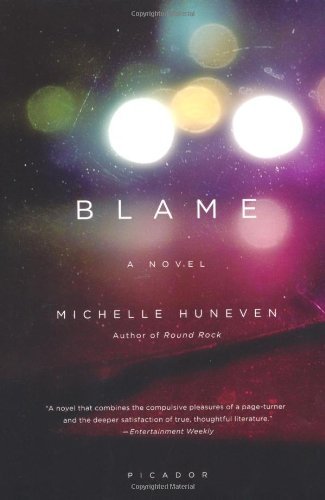What do you think?
Rate this book


291 pages, Paperback
First published July 23, 2009
Do not read the book jacket flap.
I don't read a lot of popular fiction. However, I couldn't stop reading this one--I read the entire book in one day.
Blame is about guilt, redemption, forgiveness, love, understanding oneself, and maturing. A young woman, Patsy, frequently drinks until she blacks out. You know she's headed for disaster before she finds herself in prison for killing two people while driving during one of her black outs.
I don't think I'm giving anything away, as every review I've seen--including the book jacket flap--tells you more than this. I won't tell you more, thought, as I don't want to ruin the story for you.
If you plan on reading Blame, I recommend you DON'T read any reviews or blurbs--that includes the book's dust jacket. Because of the hints that were dropped, I already had a pretty good idea of what would happen. It would've been much more enjoyable if I hadn't seen what was coming.